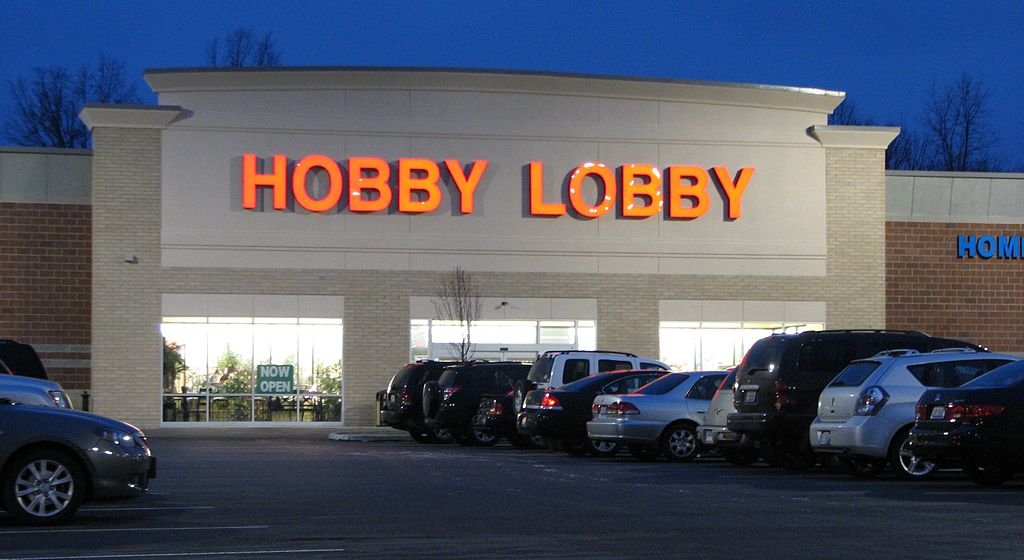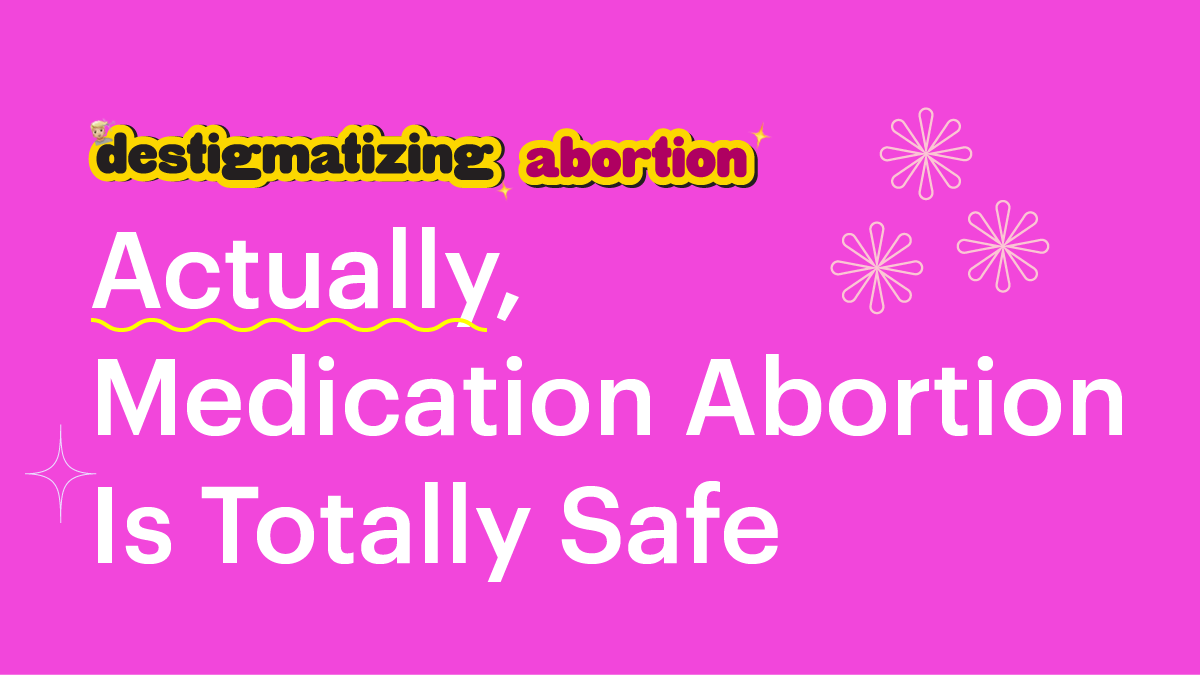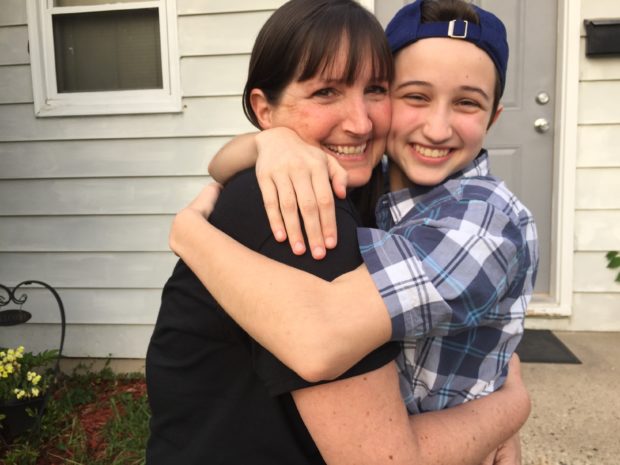The Do No Harm Act Will Make Sure Doctors and Businesses Do Just That

 No one should face discrimination or harm in accessing services or resources, and many federal laws exist to protect people from discrimination. But business owners, employers, and health and service providers are increasingly using religion as an excuse to deny services to certain people. What’s more, a law known as the Religious Freedom Restorative Act (RFRA) has been distorted since it became law 25 years ago and is now being used to protect corporations and individuals that discriminate in the name of religion.
No one should face discrimination or harm in accessing services or resources, and many federal laws exist to protect people from discrimination. But business owners, employers, and health and service providers are increasingly using religion as an excuse to deny services to certain people. What’s more, a law known as the Religious Freedom Restorative Act (RFRA) has been distorted since it became law 25 years ago and is now being used to protect corporations and individuals that discriminate in the name of religion.
The Do No Harm Act was introduced Tuesday in the U.S. Senate by Senators Kamala Harris, Patrick Leahy, and Mazie Hirono and is a companion bill to the House version introduced by Reps. Scott and Kennedy. It would limit this distorted use of RFRA and ensure that institutions and individuals do not continue to exploit RFRA to undermine people’s civil rights and other legal protections.
RFRA is being used by individuals and institutions to discriminate in the name of religion
One’s religious beliefs should never impose harm on another person. Yet we know that religion is frequently used by institutions and individuals – including employers, service providers, health care providers, and educators – as an excuse to discriminate and deny people services. Don’t believe me? I’ve got receipts: Notre Dame is dropping coverage of certain birth control methods as required by the Affordable Care Act because of the school’s religious beliefs; hospitals and health care providers are refusing to provide women and LGBTQ individuals with life-saving medical care because they claim that doing so would violate their religious beliefs; and in a case currently before the Supreme Court, a baker in Colorado is claiming that religion justifies discriminating against a gay couple by refusing to bake a cake for them upon learning it would be used at their wedding.
RFRA exacerbates this problem as business owners and institutions have increasingly used it to claim that complying with antidiscrimination laws burdens the institution’s religious exercise. In Hobby Lobby and Conestoga Wood Specialties v. Burwell, the Supreme Court allowed a for-profit corporation to rely on RFRA to avoid having to comply with the Affordable Care Act’s birth control benefit. Since the Court’s decision in Hobby Lobby, other entities have made similar claims that RFRA allows them to get out of having to follow federal antidiscrimination and equal opportunity requirements.
To make matters worse, the Trump-Pence Administration has repeatedly taken actions that embolden institutions and individuals to deny services and discriminate based on religious beliefs – from Executive Orders to Statements by the Attorney General to a proposed rule by the Department of Health and Human Services that would protect health care providers who refuse to treat LGBTQ folks or women seeking reproductive services, among other care.
Blatant denials of fundamental civil and legal rights under the guise of religion go beyond anything RFRA was intended to do.
The Do No Harm Act will ensure that RFRA cannot be further used as a sword for those who discriminate based on religious beliefs
The Do No Harm Act’s goal is to correct the incorrect use and interpretations of RFRA – like the Supreme Court’s decision in Hobby Lobby – to make it absolutely clear that RFRA protects people from individuals’ and institutions’ religious beliefs. The Act would rein in RFRA by limiting institutions’ and individuals’ ability to use it to avoid complying with antidiscrimination laws and other laws regulating wages and compensation, child labor, health care services, and other services. This means that individuals and corporations will not so easily be able to hide behind RFRA to get out of following certain federal laws because of their religious beliefs.
Given the Trump-Pence Administration’s willingness to allow further religious discrimination, steps need to be taken now more than ever to rein in RFRA. The Do No Harm Act, if passed, will do just this by ensuring that our antidiscrimination protections are not eroded in the name of religion.




